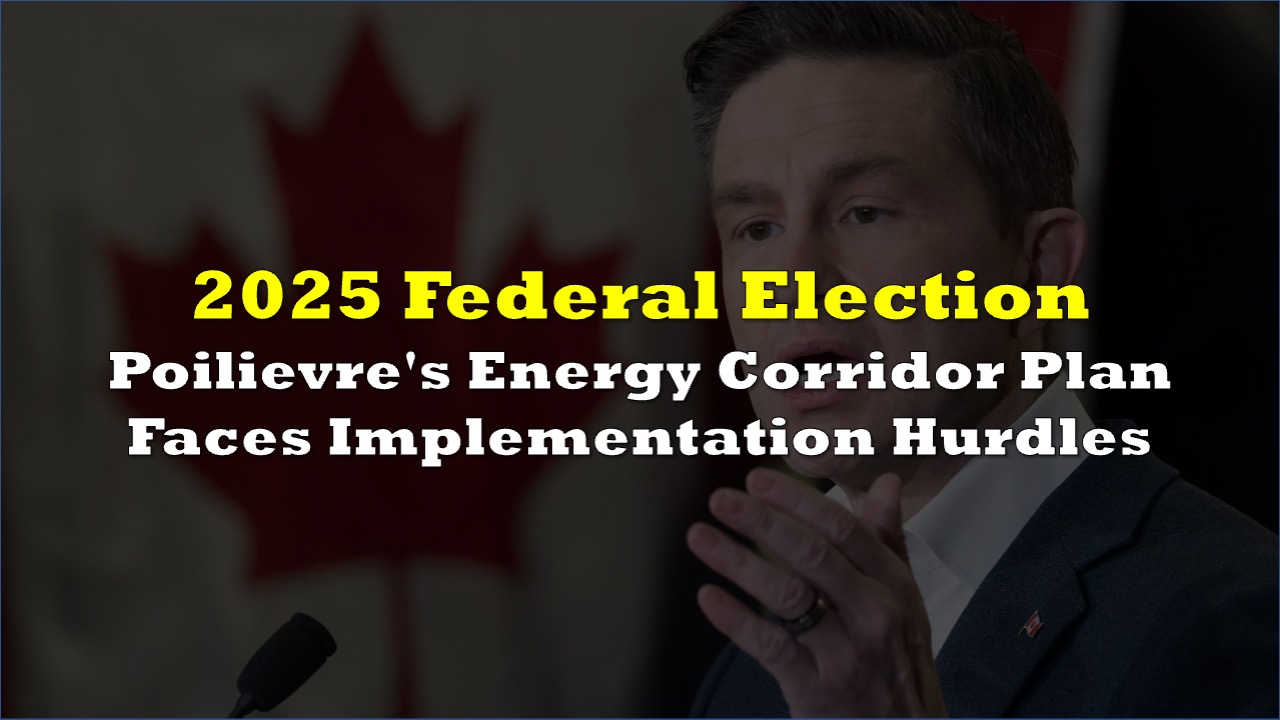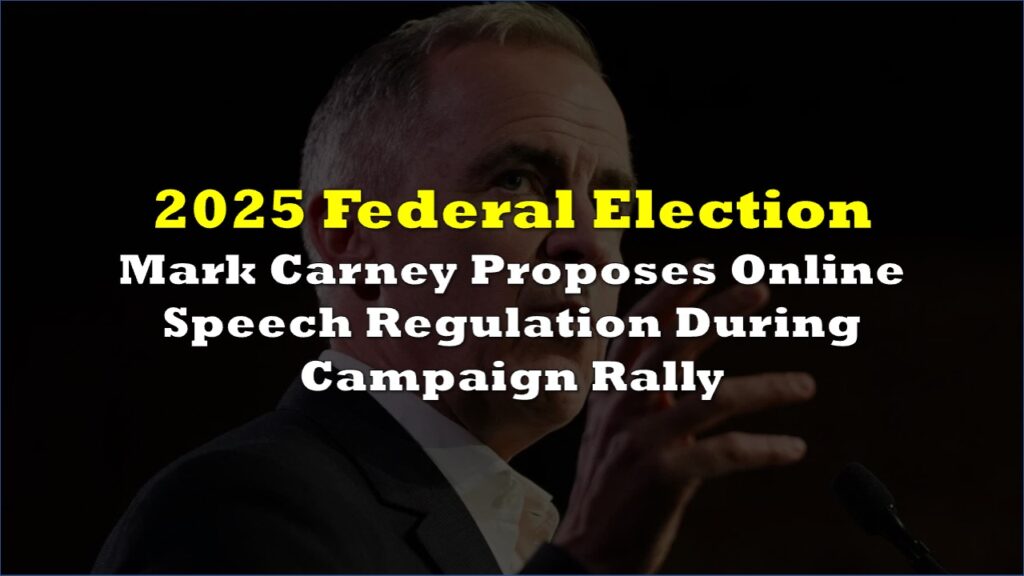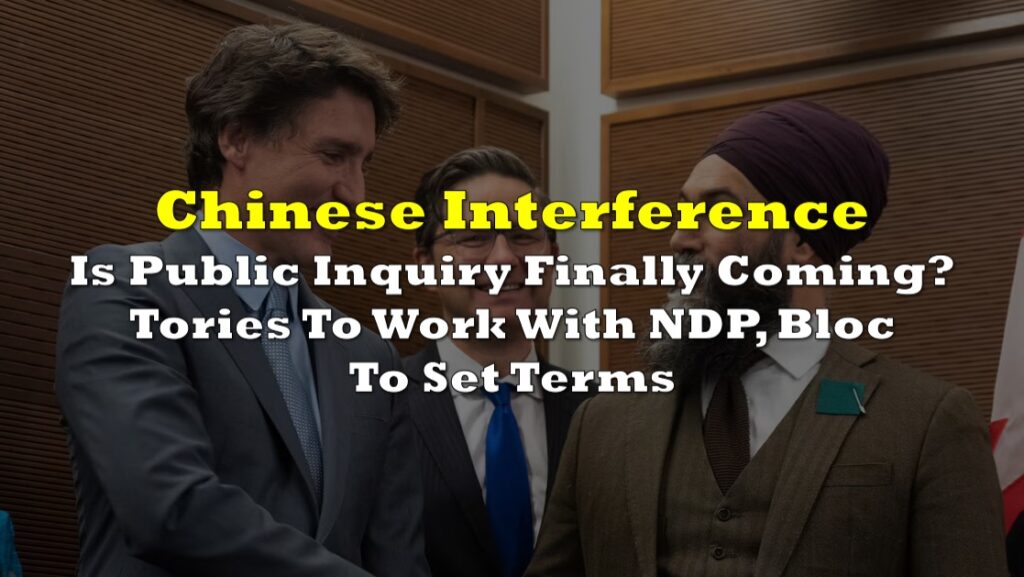A Conservative campaign pledge to fast-track infrastructure projects through a national energy corridor contains significant gaps that could complicate implementation, energy policy experts said on Monday.
Conservative Leader Pierre Poilievre’s proposed “Canada First” National Energy Corridor would establish pre-approved zones for pipelines, railways and power lines, requiring all government levels to approve projects within the designated area.
“The federal Conservatives’ election promise to speed along infrastructure projects by designating a corridor where they’d be pre-approved has many ‘missing pieces’ and could make building them more complicated,” University of Alberta economics professor Andrew Leach told CBC News.
Leach questioned the selection process for projects competing within the same corridor.
“How do you decide who gets to build it? Is there a (request for proposals) process? Is it a reverse auction?” Leach said.
Poilievre announced the plan in Saint John, New Brunswick, saying permits would be “pre-published online and legally binding” with future governments having no “legal right to reverse course.”
Could we even build the Canadian Pacific Railway today?
— Pierre Poilievre (@PierrePoilievre) March 31, 2025
Conservatives will honour the legacy of Sir John A. Macdonald & unite our country with a Canada First National Energy Corridor.
So we can stand on our own two feet – for a change: https://t.co/eIy7PDtCaB pic.twitter.com/q1Pzw7GNsF
The Conservative proposal comes as Canada grapples with infrastructure delays. Between 2015 and 2020, fourteen major energy projects worth approximately C$174 billion ($128 billion) were canceled, according to Conservative Party statements.
The Trans Mountain pipeline expansion, which faced years of regulatory challenges, saw costs balloon from C$5.4 billion to C$34 billion.
Environmental advocates warned the approach could create legal complications.
“Doing so raises constitutional issues and other legal risks,” said Charlie Hatt, climate director for environmental law group Ecojustice.
The plan would require First Nations approval before money is spent, Poilievre said, while Adam Legge, president of the Business Council of Alberta, endorsed pre-approving projects but emphasized they must withstand political challenges.
“Right now, the process is fraught with political interference such that a minister can cancel a project even after it’s successfully been granted approval,” Legge said.
The proposal emerges as new US tariffs loom. President Donald Trump plans to impose “reciprocal” tariffs on Wednesday, with a 25% levy on automobiles starting Thursday.
In response, Liberal Leader Mark Carney has proposed a Trade Diversification Corridor Fund to develop infrastructure connecting Canadian products to non-US markets.
Information for this story was found via the sources and companies mentioned. The author has no securities or affiliations related to the organizations discussed. Not a recommendation to buy or sell. Always do additional research and consult a professional before purchasing a security. The author holds no licenses.









